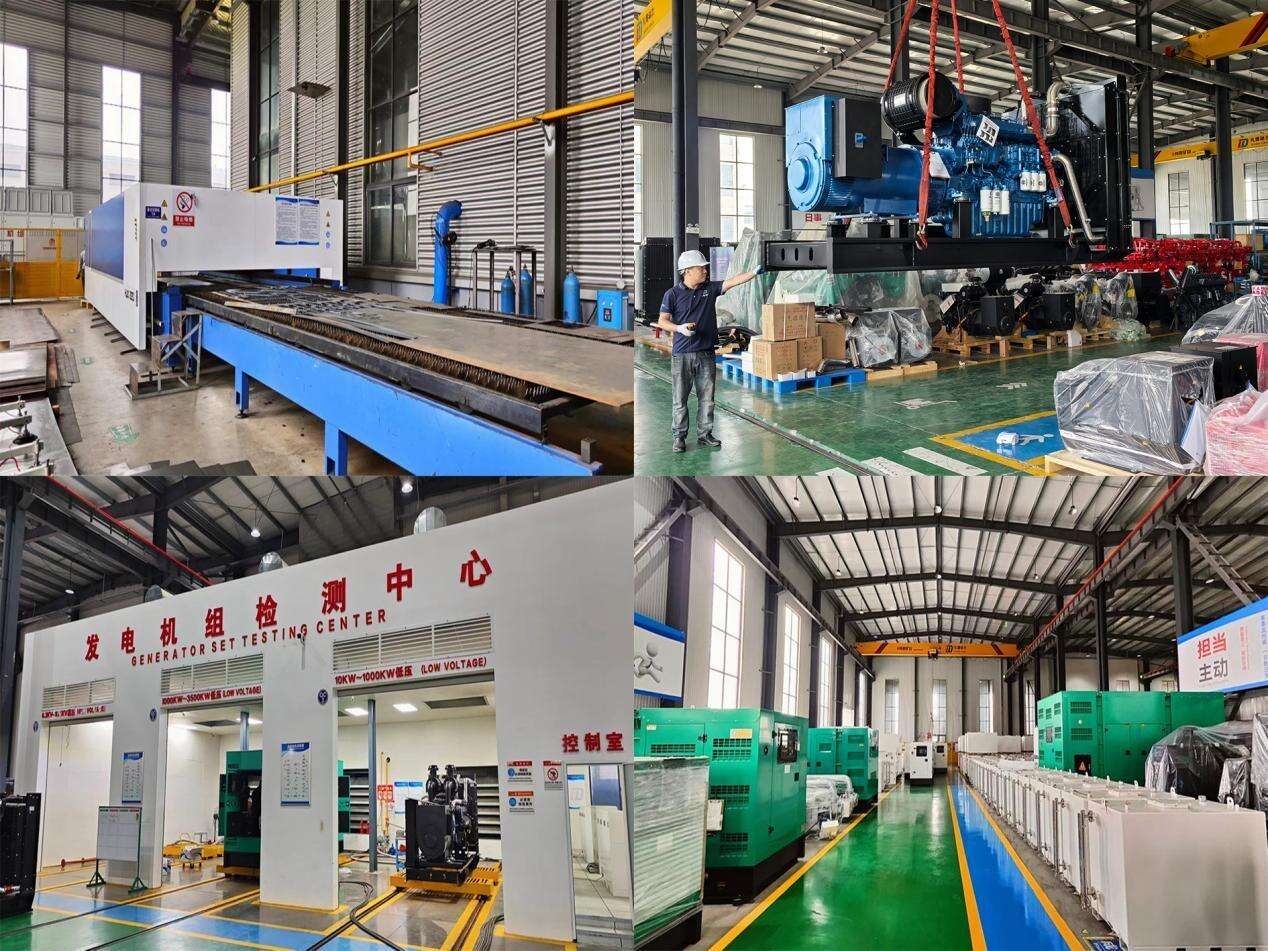In addressing waste management challenges and producing sustainable energy, the importance of biogas generator sets cannot be overstated. Biogas generator sets go take advantage of organic waste in order to reduce the amount of waste being deposited in landfills. Biogas generator sets produce organic waste and convert it to a usable energy resource. They combine waste reduction with energy generation to help attain carbon-neutral goals.
Changing the Outlook of Organic Waste: From Landfill to Energy
The world generates a lot of waste. This includes big piles of organic waste such as leftover food, agricultural waste and organic waste by-products of many industries. When organic waste isn’t processed, it ends up decomposing in landfills which is very harmful to the environment. Landfill decomposing waste releases methane which is a very strong greenhouse gas. In fact, methane is a lot more harmful to the environment than carbon dioxide. Fortunately, Biogas generator sets that use anaerobic digestion technology are able to stop methane from being released. In anaerobic specialized digesters, waste is broken down by microorganisms without oxygen, and the waste is converted to biogas which is primarily made of methane and carbon dioxide. This process reduces pollutants while providing a fuel source. Waste that has been used in anaerobic digestion does leave behind a digestate which is a very safe and rich organic fertilizer that can be used in many of our gardens. This can reduce fertilizer pollutants in our environment while enhancing garden growth.
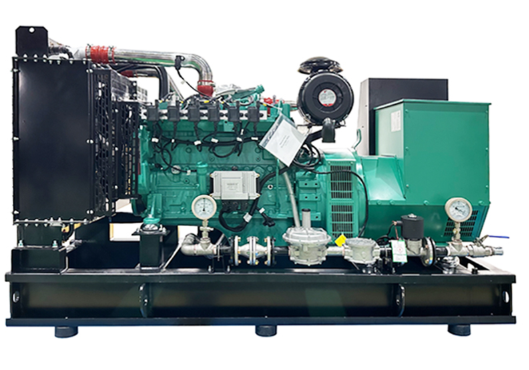
Diverting Waste from Landfills and Incineration
Landfills around the world are close to reaching their limits and the incineration of waste can cause air pollution and the release of other toxins. Using biogas generator sets to avoid this problem sustainably diverts organic waste from incineration and landfills. Rather than sending organic matter to landfills and allowing it to decompose and release greenhouse gases or to incinerators to be burned and pollute the air, the waste is sent to biogas production facilities. This increases the longevity of landfills and reduces the negative effects of waste incineration. For communities and industries that produce large amounts of organic waste, the reduction of waste management services and the positive impact this has on their environment is a major benefit of this change.
Reduction of Greenhouse Gasses: Treating Waste to Save Climate
Organic waste decomposing generates greenhouse gas emissions, and methane gas is the worst of them. Fortunately, biogas generator sets solve this problem by capturing methane from organic waste and combusting it for electricity and heat generation. This gas has more harmful effects when released into the atmosphere than carbon dioxide. Therefore, by burning methane for energy, the climate impact of waste decomposition is lessened and burning fossil fuel for energy is replaced. Plus, the biogas combusted has less harmful pollutants than the pollutants produced by the burning of coal and diesel. The generator sets created from biogas assist with the reduction of waste by capturing the methane and fossil fuel emissions and combusting them to create energy. This helps with the emissions of greenhouse gas waste and provides energy needed to help with climate change.
Promotion of Circular Economy Principles
Biogas generator sets are an essential part of a circular economy system, where resources are kept in use for as long as possible, and waste is minimized through reuse and recycling. The organic waste that is typically an afterthought as a useless by-product gets converted into an energy producing feedstock. The resulting digestate can then be recycled back to agriculture or horticulture. This closed-loop approach to waste recycling maximizes resource efficiency as not a single part of organic waste goes unutilized. For the agriculture, food processing, and wastewater treatment industries, the integration of biogas systems allows them to transform waste streams into energy, and the digestate by-product is an additional revenue stream! Not to mention the lower waste disposal cost. This integration creates economic motivation to practice sustainable waste management, and resource conservation becomes a positive differentiator in the market.
Adaptability to Different Types of Waste
One of the biogas generator set's strengths in waste reduction is processing different organic waste types. Biogas systems can manage everything from agricultural crop residue and animal manure to food waste from eateries and organic industrial waste from manufacturing. This wide-ranging ability is what makes biogas systems adaptable to the unique waste production patterns in particular industries and areas. Small systems can be designed for local communities or individual farms to process waste on-site and provide localized energy. On the other end, large-scale systems can manage waste from entire cities or industrial clusters. Integrating biogas generator sets tailored to the unique waste production patterns and local energy needs is quicker the adaptable systems are. This level of customization makes different biogas systems effective and accessible for waste reduction.



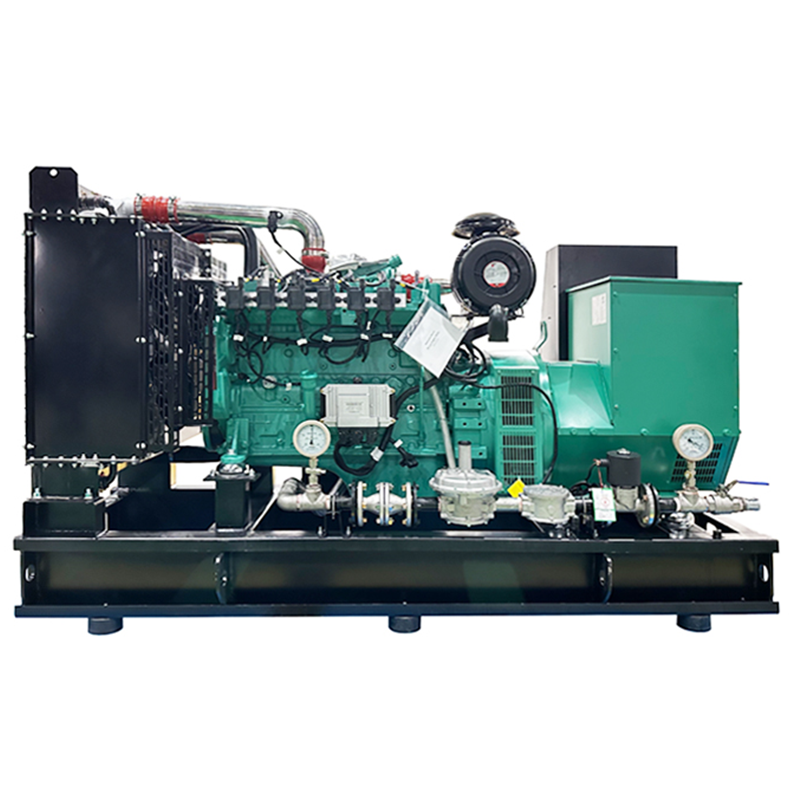
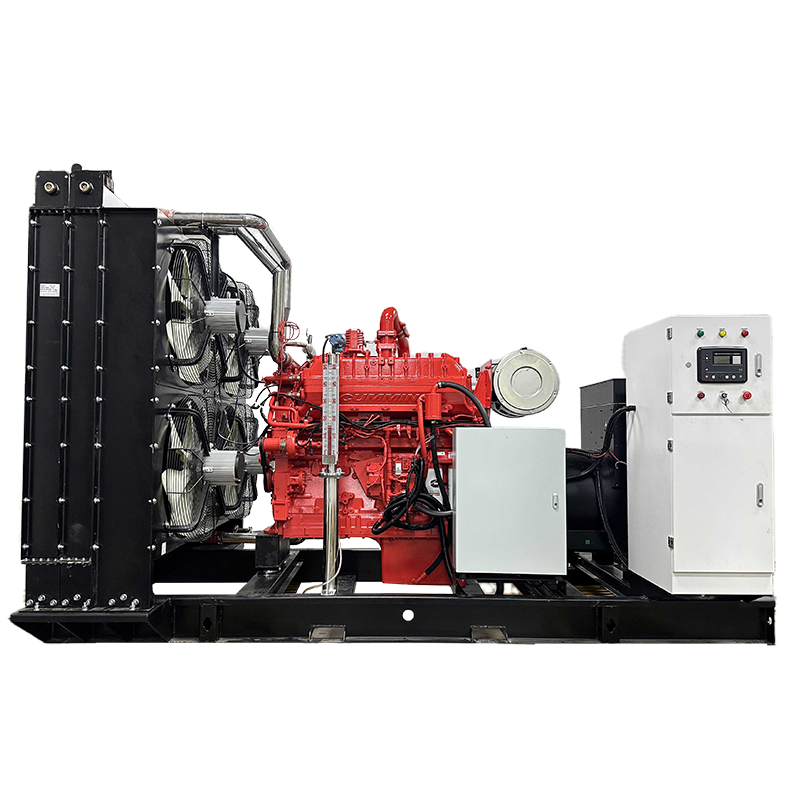
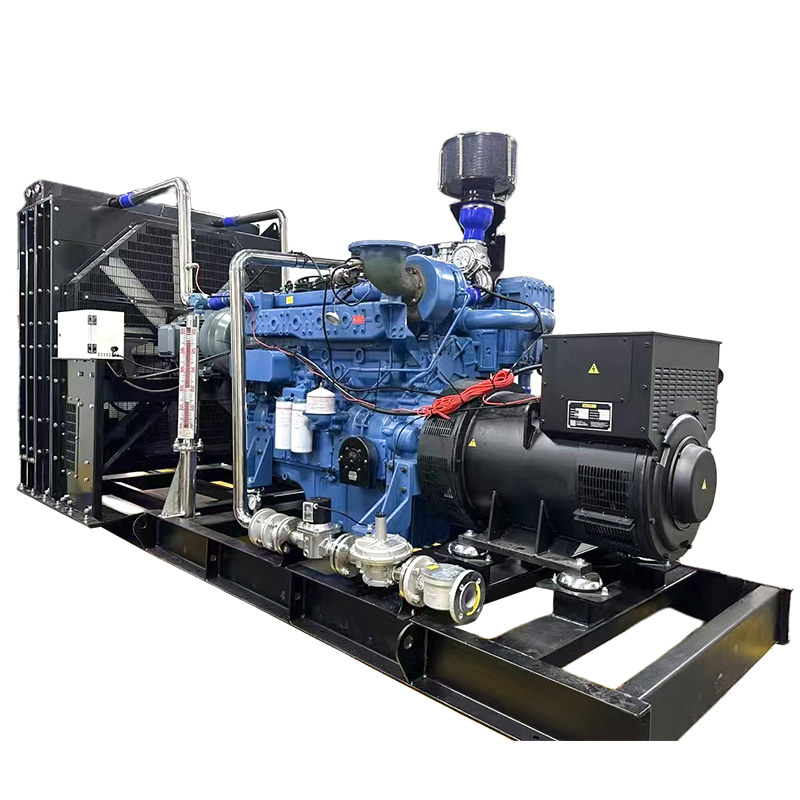
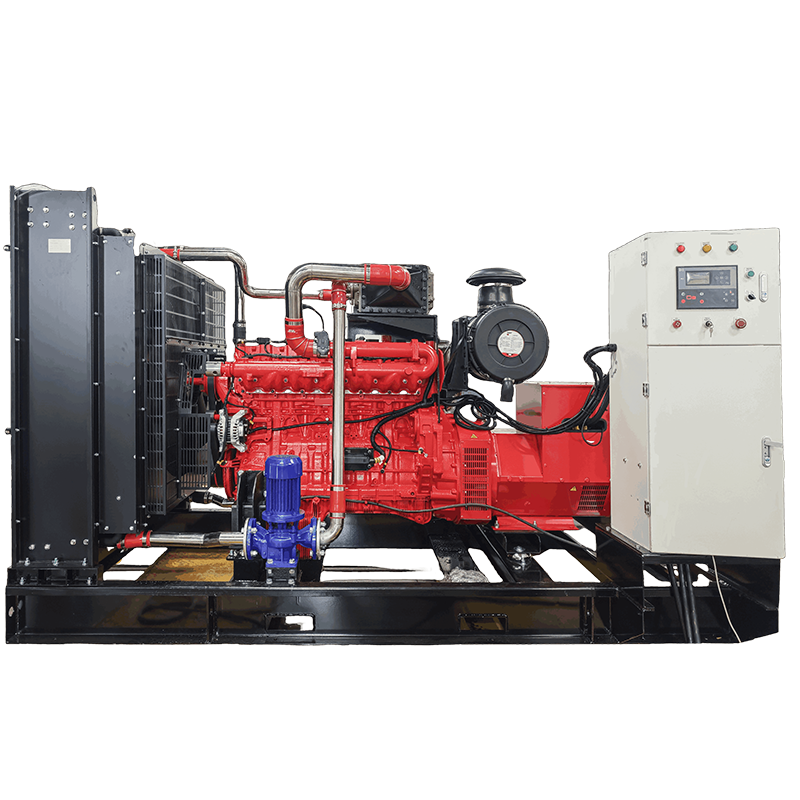
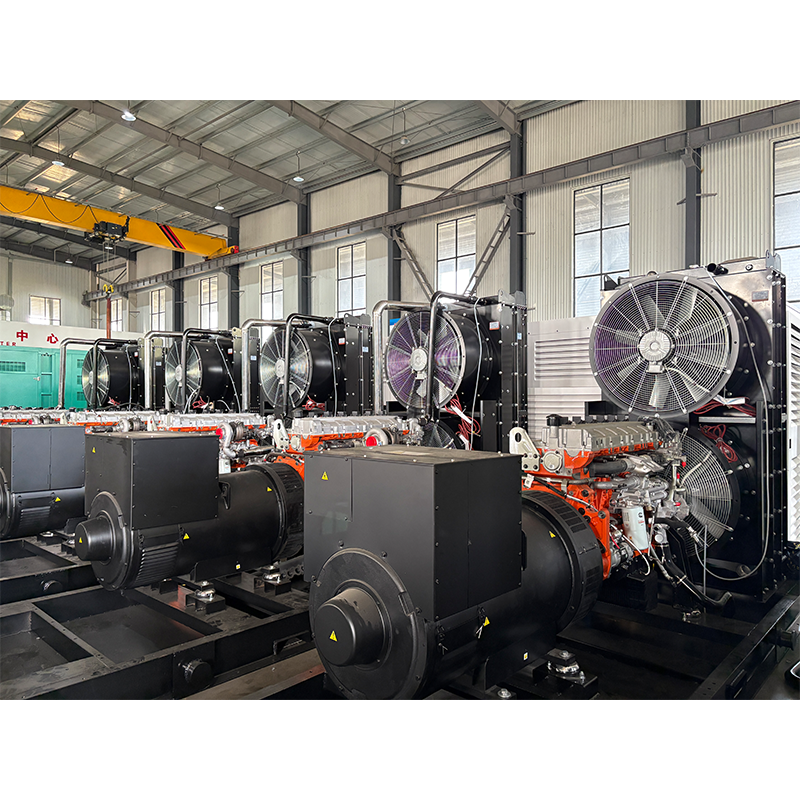
 Hot News
Hot News